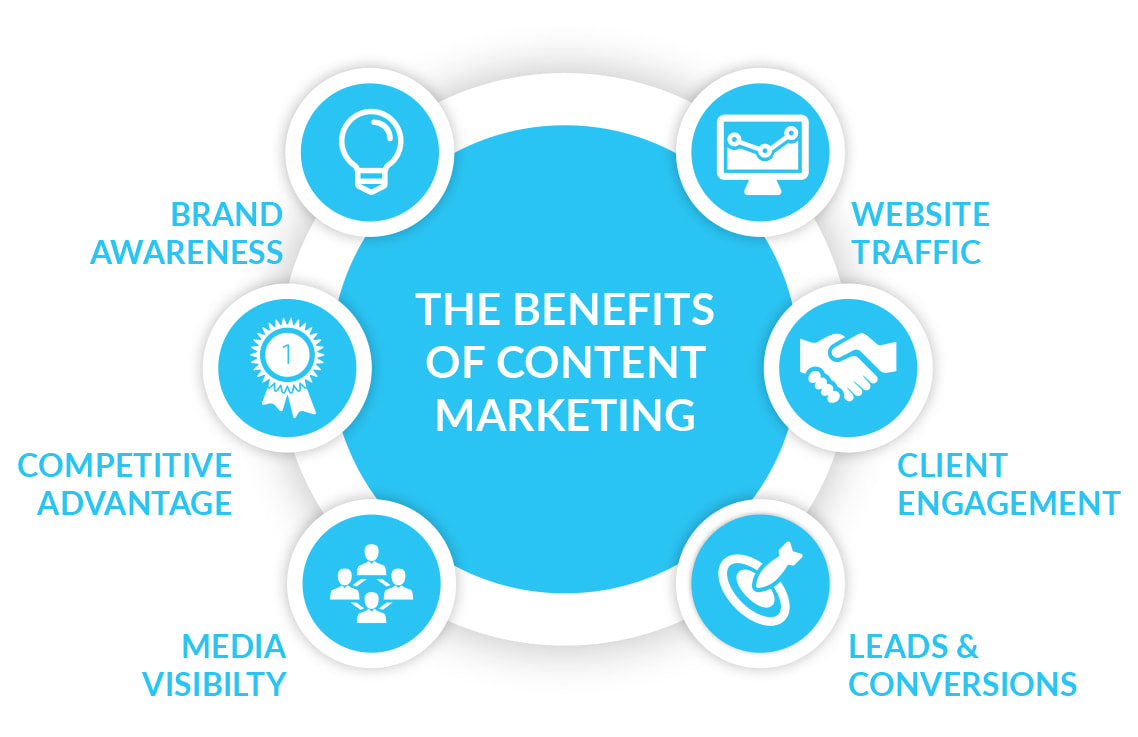 Content marketing has become a core business activity. For small businesses, sharing useful content online offers a powerful way to engage with customers - via blogs, case studies and email newsletters. At the same time, social media is helping new types of content to fly - as videos, infographics and more are all shared on the likes of Twitter, LinkedIn, Pinterest and Facebook. What can content marketing do for me? Relevant, interesting and valuable content allows businesses to build relationships. By sharing useful information that solves your customers' problems, you can improve your customer service and inspire loyalty and trust. By providing evidence that you can meet your promises - such as case studies and testimonials - you can also convince prospects to become customers without having to resort to a hard sell. Today, everyone expects to find the answers to their questions on your website. The right content can demonstrate your expertise, show you understand your customers and their needs, and position you as a leader in your field. Marketing content works incredibly hard for businesses. It can show your brand values and prove that you're up to date in your field. What’s more, it can attract more website visitors, improve your search rankings and widen your reach. Web copy that works
To make the most of your web presence, you need to ensure the content is fresh, relevant and accurate. If you want to attract new customers as well as keeping your old clients, your website needs to send out the right message. From product information and news to client testimonials and blogs, you need to think through carefully what content to include and how to write and present it online. The number one rule is to meet your customers' needs. Website copy is the meat of all business websites, but you've got to tell people what you can do for them rather than simply how great you are. It's no good having rambling mission statements or visions of the future - make sure your copy really helps the visitor. You should be addressing your customers and their needs rather than talking about yourself. It's less about the "I" and "we", and more about "you". Anticipate online customer questions Start by considering all of the questions people might have about your business and writing down the answers in straightforward language. Put yourself in your customers' shoes. They'll be thinking 'Is this company reputable? Who else have they worked with? What is the standard of their work like? Will I get value for money?' Answer their questions and you're more likely to convert a visit into a sale. Don't forget the information that guides people through registration, sign-ups or purchases. Many websites suffer drop-outs at this point simply through a lack of clear information or over-complicated processes. Tell people exactly what they need to do at each step, and ensure your online forms - such as registration or order forms - are simple and require the minimum amount of information. Organise your website information When it comes to structuring your content, bear in mind that people tend to scan websites rather than read them, so break up chunks of text with headings, subheadings and lists. Repeat key information on each page because customers can land anywhere on your site, make sure that each page can stand alone. To keep things fresh, update your site regularly, particularly date-sensitive blogs and news announcements, but think carefully about removing old copy. You can do some tweaking if the information is out of date, but once the page is in a search engine index, you could lose your ranking if you fiddle too much.
0 Comments
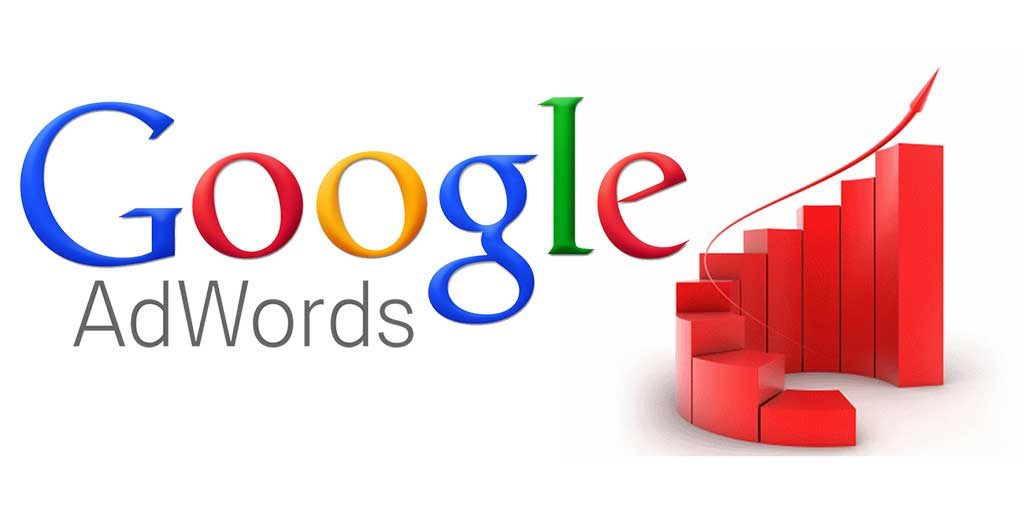 Google offers a range of free tools to help you get the most out of your AdWords campaign. Here's my guide to what they can offer your business 1. Conversion trackingYou can track your conversion rates and cost-per-conversions using 'conversion tracking'. And, with this information, you can work out the return on investment (ROI) of your AdWords campaign. To take advantage of conversion tracking, you need to put the AdWords Conversion Tracking code on to your website. That puts a cookie on a customer's computer or mobile phone when they click on one of your AdWords ads. Then, if the user reaches one of your conversion pages, the cookie is connected to your web page. So when someone converts by buying something or making an appointment, for example, Google records that as a successful conversion. 2. Google AnalyticsGoogle Analytics is a sophisticated analysis tool. As well as basic conversion tracking, Analytics shows you how people found your site and how they explored it. With this information, you can improve your website return on investment and increase conversions. 3. Google TrendsWith Google's Trends, you can compare search volume patterns across specific regions, categories and time frames. It's a useful tool if you want to track seasonal trends. For example, if you run a holiday business, you can analyse when customers are most likely to book their summer holiday. With that information, you can spend more on AdWords when demand is highest and cut back during quiet periods. Google Trends can also help you test advertising messages and find the one that hits the spot with customers. 4. Impression share reportThis tool shows you the percentage of possible impressions that your ads could have received if your campaign budgets were higher. Impression share report data helps you make an informed decision about whether to increase your AdWords budget. 5. Bid simulatorHow much you bid for keywords and phrases affects where your results appear in the searches. The bid simulator tool shows how your campaign would have performed if you had been using different bid amounts. This tool takes the guesswork out of bidding so you can see whether bidding higher or lower would be more cost effective. 6. Keyword plannerBefore you add new keywords, get estimates for their cost and the amount of traffic they generate by using the Keyword Planner tool. 7. First page bid estimateThe first page bid estimate predicts how much you would need to bid for your ad to appear on the first page of Google search results when a search exactly matches your keyword. It's based on the Quality Score and current competition for that word. However, it is an estimate so Google warns that it is making no guarantees. That said, it enables you to maximise the chances of a higher placement in the results and can drive more traffic to your ad as a result. 8. Ad schedulingAd scheduling enables you to control when your AdWords campaigns run. With ad scheduling, you can specify certain hours or days of the week when you want your ads to appear. This is a great way to make your budget work harder as you only need show your ads when they are most profitable. With ad scheduling, a campaign can run all day, every day, or for as little as 15 minutes per week. 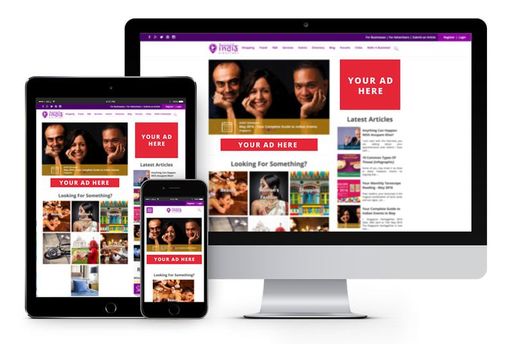 Advertising online - through pay-per-click (PPC) adverts, banners and other messages - can be an excellent way to promote your brand, boost traffic to your website and generate sales. It should be an important part of your internet marketing strategy. Unlike traditional methods, advertising on the internet can deliver visitors immediately - through a simple click on your ad with easily measurable results. Deciding where to advertise onlineYou can plan your internet advertising as you would traditional press advertising, by looking for websites that have the right audience. This could include online publications or price comparison sites that cater to your target market, for example. You should also run a search with keywords and phrases your customers are likely to use. Provided that the websites that come up aren't competitors, they may well be good places to advertise. A quick check will tell you whether each site has the right image and offers the web advertising opportunities you are looking for. Or you could buy advertising from a 'content network' that automatically displays your ads on websites that are likely to have the right audience. You have less control over where your online advertising appears, but it can be effective nevertheless. PPC advertising and other online advertising optionsPay-per-click advertising (PPC) is ideal for putting your product in front of people who are ready to buy. You only pay for people who actually click on your ad to come to your site. This enables you to track visitor journeys while monitoring the effectiveness of your search engine keywords. You can also pay for website advertising according to the number of times the ad is displayed. So the more people who visit the web page on which your advert is featured, the more you pay. Often referred to as CPM ('cost per mille' or 'cost per thousand displays'), this is good for brand exposure. You can even pay for your online advertising on a cost per action (CPA) basis, where you only pay for the number of viewers who actually buy your product as the result of an ad. This kind of payment scheme requires a close relationship with the website where your ad is published, and is typically part of an affiliate marketing relationship. Choose wiselyYou are likely to have different online advertising options. For example, you might be able to buy different ad sizes in different places or choose which pages of a website to advertise on. Prices will vary according to the size, location and style of your advert (you might include animation, for example), but the most expensive may not be the most effective. A banner ad on the home page might get the most exposure, but an ad on the page most relevant to your product might deliver more people to your site. 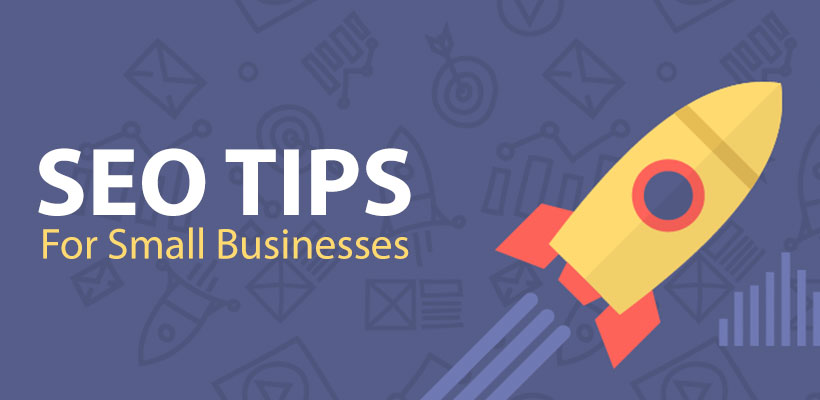 If you've got a website, you need to be doing search engine optimisation (SEO). It's as simple as that. SEO can help your website to feature prominently on search engines like Google. So if you have a flower shop in Wigan, it's about optimising your website so that when someone types in "flower shop in Wigan" on Google, your website is at or near the top of the results list. Without SEO, you may not appear at all. SEO is a fast-moving discipline and there's a lot of competition for the pole positions online. So SEO is something that has to be done regularly, and it pays to keep up with the latest SEO tools and techniques. Find your keywordsIt starts with optimising your website with keywords and phrases. You may already have a good idea which words people use to find your business but it's important to keep an open mind and do your research. The results may surprise you. Google's keyword planner can help you find the most popular words and phrases. Once you've got your keywords and phrases, you need to make sure they are used in your web content and in meta tags, page descriptions, image tags and so on. This job is all about discipline but it really helps Google to find you when people search for those words or phrases. Google is incredibly sophisticated, however, and it can spot a cynical attempt to stuff a website full of keywords. It's important to use your keywords within good quality authored content - including blogs, articles, web copy and social media. Post regularly to improve your search results even more. Link-buildingLink building is the other important aspect of SEO. The more links to your site from high-quality, relevant sites, the higher you'll rank. But tread carefully - links should never be bought, forced or acquired by dodgy means. Take time to build links naturally by offering quality content that people want to read. Local SEOThe internet may be global, but most small firms are casting their net in their local area and their SEO strategy needs to reflect this. Using tools like Google My Business can help you rank well in local searches. Can I do my own SEO?If you understand the basics, it's totally possible to do SEO on a shoestring. Otherwise there are plenty of companies out there who can help you optimise your site - just make sure you do your due diligence to make sure they're not using dodgy tactics that could do you more harm than good. |
AuthorLisa Hunter is an experienced Marketing, Events and Project Manager. She has over 10 years’ experience working in the IT and marketing industry, delivering strategic marketing support and managing creative projects for a wide-range of clients. In this blog she shares her knowledge and experiences…we hope you enjoy it. Archives
June 2019
Categories
All
|
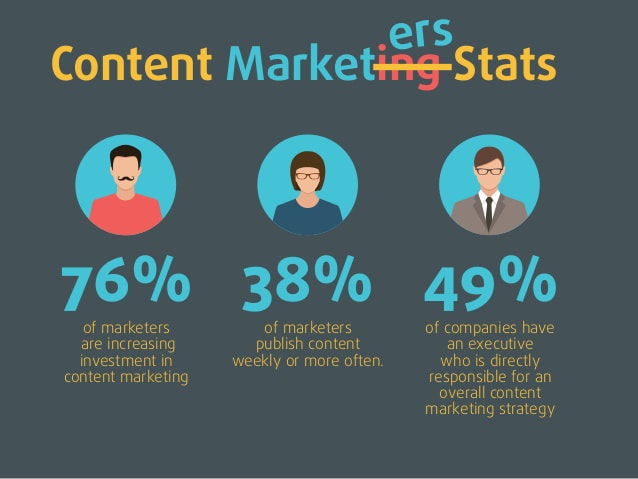
 RSS Feed
RSS Feed